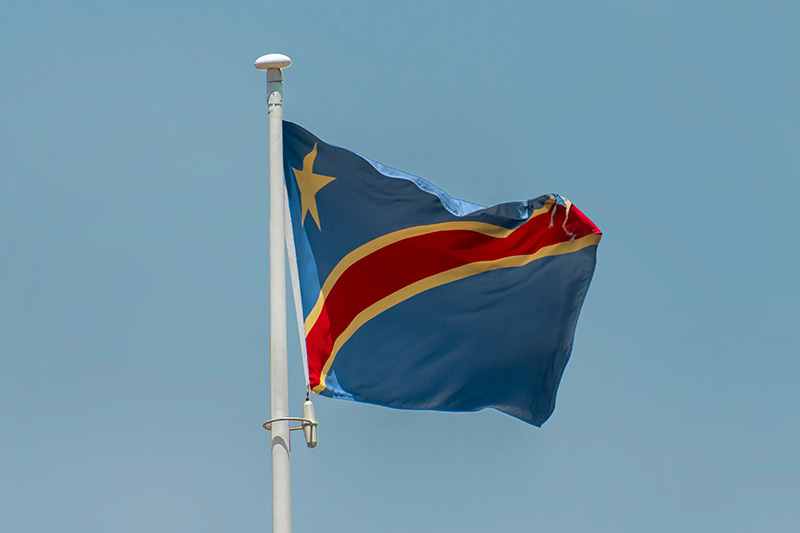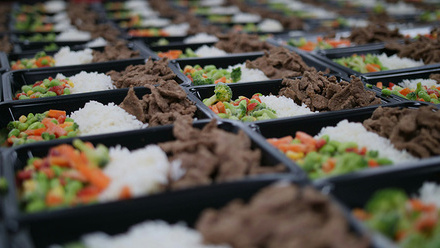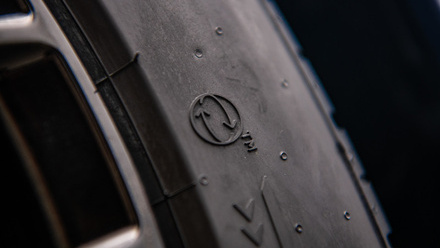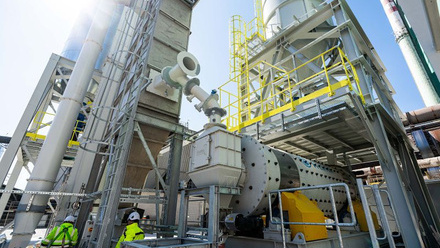Report links cobalt mining to poor living conditions in the Democratic Republic of Congo
A new report claims 'toxic pollution' from cobalt mining in the Democratic Republic of Congo (DRC) is contaminating water, leading to health, social and environmental problems.

UK corporate watchdog RAID and DRC-based African Resources Watch (AFREWATCH) bring forth the claims in a 110 page report entitled Beneath the Green: A critical look at the cost of industrial cobalt mining in the DRC.
Collated over 19 months, the report includes interviews with 144 residents in 25 villages and towns close to cobalt and copper mines operated by European and Chinese mining companies.
The mining companies involved blame pollution from older mines, contamination from artisanal mining and other activities. However, the authors say they have found 14 recent and significant toxic environmental pollution incidents from the mines - including tailings dam breaches and sulphuric acid spills - with locals saying the clean-up has been inadequate.
The report argues the mining regions are turning into what the UN describes as a ‘sacrifice zone’ - that is areas where people suffer severe health issues and human rights abuses from living in heavily contaminated areas.
Of those interviewed, 56% say the pollution is affecting the gynaecological and reproductive health of women and girls, with nearly everyone (99%) saying crop and fields yields dramatically reduced due to the contamination, with drastic impacts on people’s income and health.
The interviewees all trace the decline in their living standards to the recent cobalt mining boom.
The report mentions around 20 scientific studies that have demonstrated rivers, lakes, streams and wetlands in the area are polluted by mining activities.
RAID and AFREWATCH have commissioned new research on the water bodies that locals have said are contaminated.
They report that the preliminary results suggest the Katapula and the Kalenge rivers are ‘hyper-acidic’, while the Dipeta and Dilala Rivers are ‘very acidic’. These rivers are unable to host fish, and their water is toxic for human and animal health.
The mining companies recognise that chronic clean water shortage is a problem and have constructed boreholes to alleviate this, however, the report finds that this does not meet the minimal standards for clean water provision set out by DRC regulations, and all were well below the minimum 20L per person per day for drinking and hygiene set out by the World Health Organization.
The investigation also highlights the Congolese government’s failure to enforce environmental protections, despite the country’s strong environmental laws.
Cobalt is a critical raw material used in electric vehicles and renewable energy technologies, and is largely sourced from the copper and cobalt belt of southern DRC.
The mines covered in this study supply cobalt to major automotive manufacturers.







